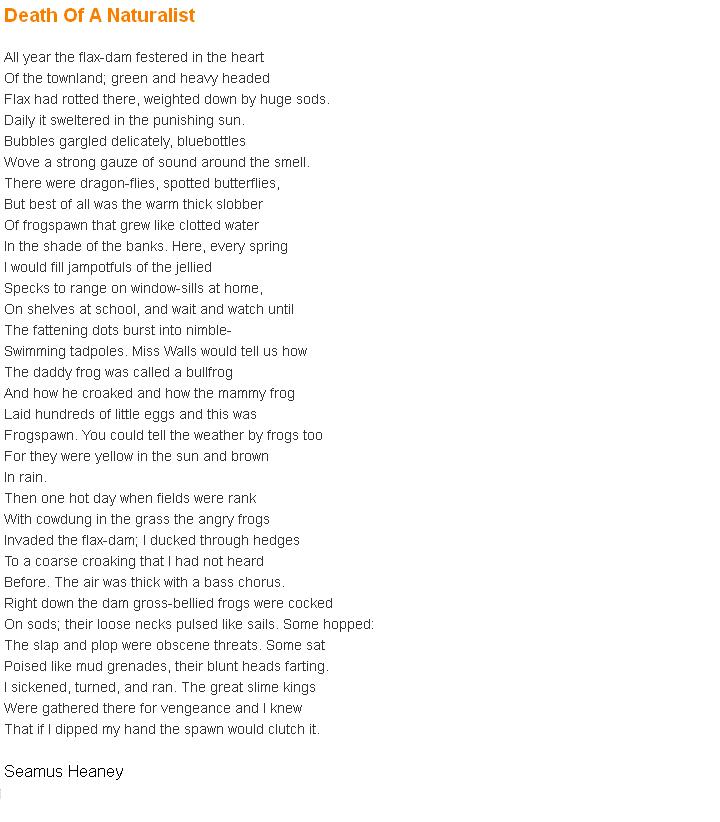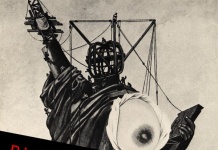A few hundred words are going to be far too little to pay tribute to Seamus Heaney (April 13th, 1939 – August 30th, 2013), one of the titans of modern literature, a giant who the whole earth is too small to hold.
The Irish Times‘ official obituary quoted Robert Lowell’s judgment in calling him “the most important Irish poet since Yeats”—it might just as well have said the most important poet of the later 20th and early 21st centuries.
Only his predecessor as Nobel Prize for Literature holder Pablo Neruda rivaled him in popularity, and arguably never surpassed him in moral stature. We all lose a little with his passing, but at least we have his legacy to sustain us.

For e-book readers, Faber & Faber has luckily done a great job of transferring his work to Kindle format, available here in the UK and here in the U.S. Readers using other formats will have to look elsewhere, but his books at least are readily available. And for one of the most delightful online resources about his life and work, in his own words, you can read his 1997 interview with The Paris Review here.
“The most unexpected and miraculous thing in my life was the arrival in it of poetry itself—as a vocation and an elevation almost,” he said in the Paris Review interview. But God willing, the other element in his early career that, in W. H. Auden’s words about W. B. Yeats, “hurt him into poetry,” will not recur. Heaney’s early and honorable participation in the Northern Ireland civil rights movement is hopefully something that no future Irish poet will ever have to revisit.
“To begin with, the Catholics had this sense of the moral high ground, which is so enabling,” he said. “The system had been rigged against us and when the civil-rights marches began, the official resistance was to the minority qua minority. The state machine just worked like that and the point of the new movement was to change it. You felt that being a spokesperson for the shift was honorable and, indeed, imperative. But all that certitude got complicated once the IRA began to speak on your behalf with an exploding bomb. But it should be said that I never thought of my audience as being made up only of Northern Catholics. The reader to whom everything is directed, the one Mandelstam called “the reader in posterity,” is as much for me a Northern Protestant as anything else. But listen to what I’m saying! Protestant, Catholic—the point is to fly under or out and beyond those radar systems. Ideally our work is directed towards some just, disinterested point of reception. A locus of justice, a kind of listening post and final appeal court.”
” In Ireland,” Heaney continued. “We observe two weeks of summer school every year in memory of Yeats. And rightly so.” The whole world needs to observe two minutes in honor of Heaney – but two minutes of poetry, not silence.


































“Mr Heaney, a former professor of poetry at Oxford University and winner of the 1995 Nobel prize for literature, replied: “There is this guy Eminem. He has created a sense of what is possible. He has sent a voltage around his generation.”
He added: “He has done this not just through his subversive attitude but also his verbal energy.””